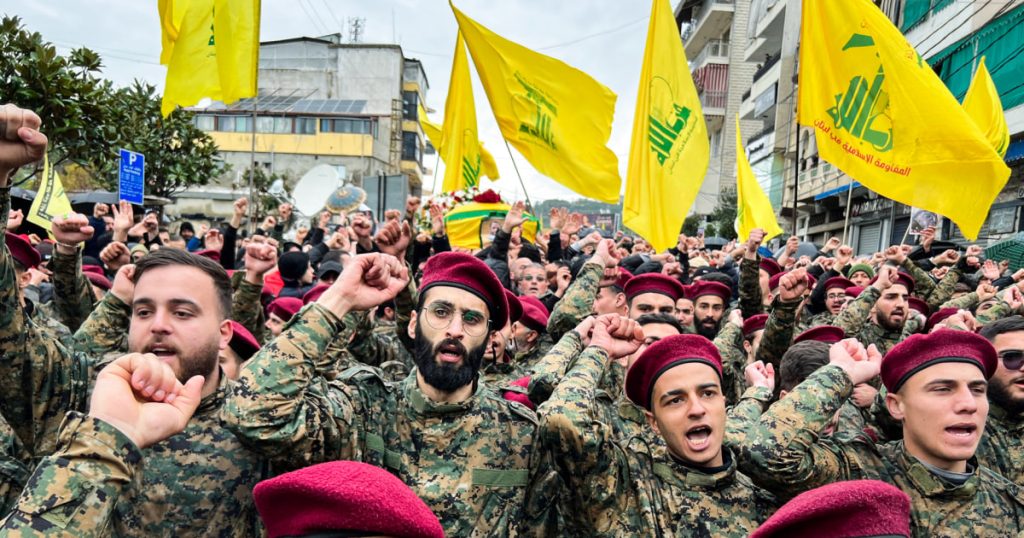The Israeli airstrikes that devastated Hezbollah’s top leadership and undermined its internal security represent a severe setback for Iran’s longstanding strategy of projecting power in the Middle East through proxies. The extensive damage inflicted on Hezbollah and its leadership has left both groups reeling, with Israel targeting communications, eliminating senior figures, and killing Hassan Nasrallah, their influential leader. Iran’s reliance on Hezbollah as a cornerstone of its strategy to challenge Israel and the U.S. through armed proxies funded and trained by the Islamic Revolutionary Guard Corps has been severely compromised.
The expectation that Hezbollah, along with other proxy groups supported by Iran, would weaken Israel and the U.S. while avoiding direct confrontation has been proven wrong. Israel’s swift and effective response to recent attacks by Hamas and Hezbollah has caught Tehran off guard and exposed the vulnerabilities of its proxy network. While Iran had hoped to use these groups as a deterrent against a direct Israeli attack, recent events have revealed the limitations of this strategy and called into question Iran’s commitment to defending its allies.
Israeli intelligence efforts targeting Hezbollah’s leadership since 2006 have paid off, resulting in the successful elimination of key figures and disrupting the group’s command structure. This has left Iran and Hezbollah facing the dilemma of how to respond without risking further setbacks. A retaliatory strike could escalate into a full-blown conflict that Iran is ill-equipped to win, while refraining from retaliation may undermine Iran’s credibility and embolden its adversaries. The delicate balance between demonstrating strength and avoiding further losses poses a significant challenge for Tehran and Hezbollah moving forward.
The possibility of Iran and Hezbollah resorting to terrorist attacks against softer targets associated with Israel and the U.S. overseas remains a concern for former officials. This could represent a shift back to previous tactics employed by these groups to retaliate against their adversaries. Such attacks on diplomatic missions or other vulnerable targets could pose a significant threat and create further instability in the region. The risk of a ground invasion of Lebanon by Israel, driven by overconfidence and a desire to consolidate its gains, raises concerns about a potential escalation of hostilities and unintended consequences.
The disarray within Hezbollah and the absence of a strong leader following the Israeli airstrikes create a power vacuum in Beirut, with implications for the Lebanese government and the broader region. The Lebanese Armed Forces may need to step in to assert control and prevent further chaos, especially if Hezbollah’s influence wanes. Iran’s primary goal will be to rebuild Hezbollah and its other proxies to ensure their survival and recovery, despite the significant damage inflicted by Israeli operations. The removal of a generation of Hezbollah’s leadership has weakened the group’s decision-making capacity but has not eliminated its presence as a significant force in the region.












